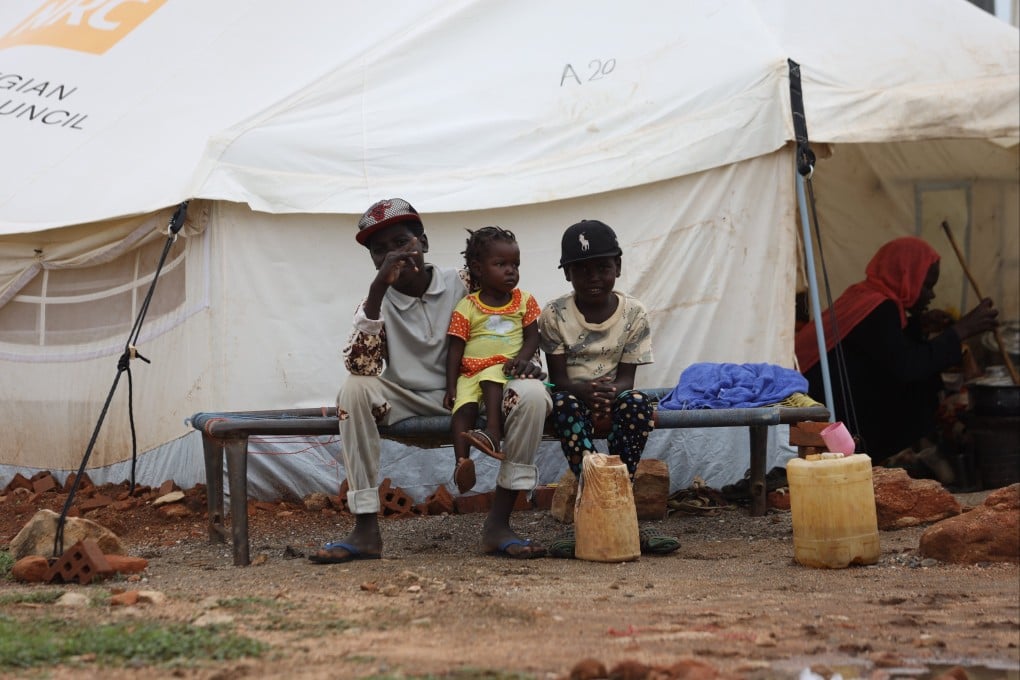Opinion | Can Global South and G20 lead new era of poverty reduction?
The credibility of developing countries in the fight against poverty stems from lived experience rather than theoretical discourse

After World War II, East Asia underwent perhaps the most dramatic large-scale poverty reduction in modern history along with remarkable economic development. Hundreds of millions of people escaped poverty. Among G20 nations, China and South Korea rose out of poverty to become global economic powerhouses.
East Asia, propelled by export-oriented growth, shows that the confluence of open markets, human capital development, inclusive institutions and integration into the global economy can drive sustained economic development which lifts people from poverty to prosperity.
The East Asian economic miracle showed that transformative poverty reduction is possible through sustained economic development. However, the Global South still struggles with systemic poverty.
Many Latin American nations have experienced economic stagnation in recent decades after a period of moderate growth. The import-substitution industrialisation strategy – adopted by countries such as Brazil, Argentina and Mexico – faltered under the weight of protected inefficiencies, mounting debt and other structural problems, ultimately failing to deliver sustainable economic changes.

